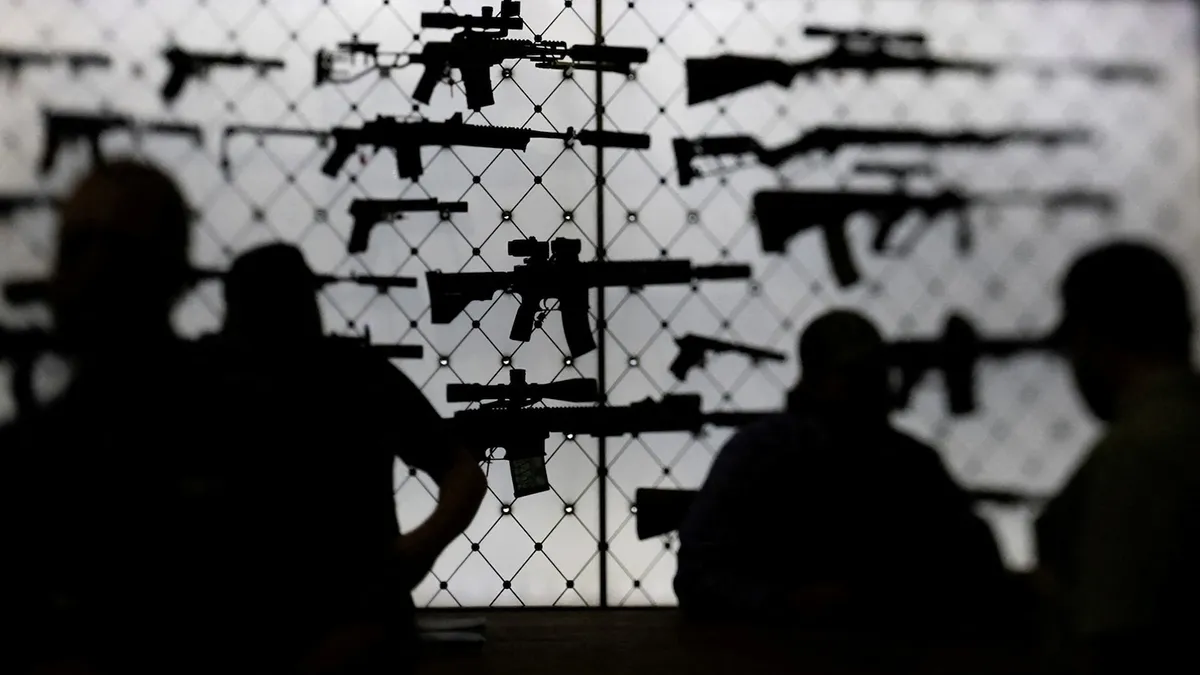
On Monday, the Supreme Court declined to hear an appeal from a coalition of gun-rights advocates challenging Maryland's ban on assault-style rifles and high-capacity magazines, a significant ruling that supports gun-safety advocates. This decision maintains the Fourth Circuit U.S. Court of Appeals' prior ruling, which affirmed that Maryland's legislation, enacted in 2013 following the tragic Sandy Hook elementary school shooting, is constitutionally valid.
The Maryland law specifically targets the AR-15, the most widely used rifle in the United States, with an estimated 20-30 million units currently in circulation. Notably, these rifles are legal in 41 out of the 50 states. The Supreme Court's decision not only reinforces Maryland's ban but also highlights the ongoing national debate regarding the legality and regulation of such firearms.
Justices Samuel Alito, Neil Gorsuch, and Clarence Thomas dissented, expressing their desire for the Supreme Court to address the issue nationwide. Justice Thomas articulated his concerns, stating, "I would not wait to decide whether the government can ban the most popular rifle in America." He emphasized the importance of this question to millions of law-abiding AR-15 owners across the country.
While the Supreme Court has upheld Maryland's law for the time being, other legal challenges to similar state bans are still pending in lower courts. Justice Brett Kavanaugh supported the court's decision to allow the Maryland law to remain in effect but noted that he finds the appeals court ruling questionable. He anticipates that the Supreme Court will formally address the legality of the AR-15 within the next term or two.
Since implementing its restrictive gun laws, Maryland has reported a decline in gun violence. Officials attribute this decrease to a series of regulations aimed at limiting access to dangerous weapons. Notably, new federal, state, and local restrictions introduced in 2022 and 2023 have significantly slowed online sales of untraceable firearms by mandating background checks and age verification for buyers, alongside an outright ban on some firearm kits in the state.
The Supreme Court's decision not to take up the appeal not only reinforces Maryland's stance on gun control but also sets the stage for potential future rulings on the Second Amendment and the regulation of assault weapons. As legal battles continue across the nation, the outcome of these discussions will undoubtedly shape the landscape of gun rights and public safety in the United States.